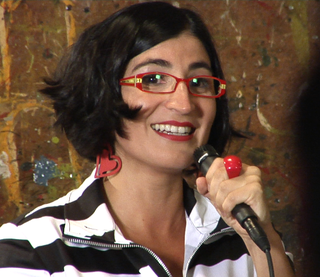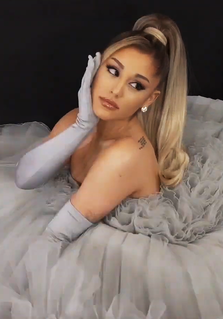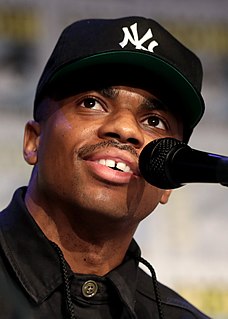A Quote by Justin Broadrick
I feel somewhat privileged because I often feel very sorry for kids. I often feel very sorry for 20-year-olds and teens who grew up with the internet and have grown up completely connected because, for me, people like me know what it was to struggle, but it wasn't a struggle. It was great! It was fantastic. The thrill of the hunt.
Related Quotes
I knew that the black struggle wasn't my struggle. But I felt like it was my-struggle-adjacent, you know? I've always said that if you turn the dial in one direction, a Muslim is a Jew is an East Asian person is a Native American and so on. I feel very much that all of these struggles are kind of the same and - Hillary Clinton actually said this recently - when you get rid of one barrier, it opens up the gates for a whole bunch of people you didn't even know would benefit from it. So not fighting for the black struggle is like not fighting for the Muslim struggle.
There is something so sad about going online and seeing almost everyone shouting ‘Notice me, notice me!’ Which is such a human desire—to be acknowledged. But me responding to that with some sort of ‘You’re noticed, you’re seen’ only perpetuates the loneliness. Because I’m not seeing you; I’m not noticing you. And whoever you are, you so deserve to be noticed and valued. I feel lucky to have not grown up with the Internet because it forced me to get out, struggle and be so messy.
A little criticism makes me angry, and a little rejection makes me depressed. A little praise raises my spirits, and a little success excites me. It takes very little to raise me up or thrust me down. Often I am like a small boat on the ocean, completely at the mercy of its waves. All the time and energy I spend in keeping some kind of balance and preventing myself from being tipped over and drowning shows my life is mostly a struggle for survival: not a holy struggle, but an anxious struggle resulting from the mistaken idea that it is the world that defines me.
If you don't connect yourself to your family and to the world in some fashion, through your job or whatever it is you do, you feel like you're disappearing, you feel like you're fading away, you know? I felt like that for a very very long time. Growing up, I felt like that a lot. I was just invisible; an invisible person. I think that feeling, wherever it appears, and I grew up around people who felt that way, it's an enormous source of pain; the struggle to make yourself felt and visible. To have some impact, and to create meaning for yourself, and for the people you come in touch with.
The separation of families to me is very close to my heart because we lived that as immigrants. I strongly feel that we all connected, and having felt people's love and support first-hand through difficult moments in my life, makes me feel it's our responsibility to help one another. I am privileged to help in some way, and I will always take that opportunity.
The biggest compliments I've gotten have been from people who've seen the film Compliance at festivals and have said, "You know, I fully connected with these people. The movie made me very uncomfortable because I totally can see how this or that situation happened." They're, for lack of a better term, picking up what I was putting down. For me, it's very empowering to feel like we made something interesting.
What I feel now is connected to people. I feel connected and I feel a lot of love for people. I feel the possibility of what building social movements and what working together in struggle creates. Whatever that energy is, it feels a lot better than what I felt when I was younger - which was worthless and disconnected and isolated and alone.
I felt I had a very innocent childhood and I feel privileged by that. But as an adult, I know that there were people who didn't have that. There are a lot of teens who haven't had as easy a childhood as me, and having literature that explores these "darker" parts helps relieve the burden and stress they may be feeling. As a writer, there is often a temptation to draw back when we write for teens - to preserve their innocence. But the reality is, if someone has already had that innocence taken in their life, then not writing about it is just brushing it under the rug.




































